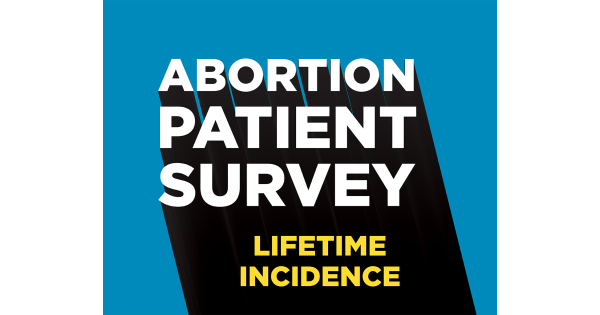After discussing why women have abortions in another thread whose topic definitely isn't abortions, I decided it would be better to make a thread for the subject instead. Below is an excerpt from an article that lists the different reasons women have abortions:
**
Generally, people use the term “abortion” to refer to the
intentional termination of a pregnancy.
The vast majority of
abortions take place early in pregnancy. In 2020,
93.1% of abortions in the United States occurred at 13 weeks’ gestation or sooner.
The Turnaway study followed 954 people from across the United States who sought abortions between 2008 and 2010 to learn the reasons for and effects of pursuing pregnancy termination.
The responses fell into several broad themes, with many people reporting that a combination of factors influenced the decision.
Financial circumstances
Around 40% of people mentioned a financial reason for needing an abortion. Most of them had general financial concerns or said they could not afford to support a child.
Around 4% said a lack of employment contributed to their decision, and 0.6% said they terminated their pregnancies because of a lack of insurance or government assistance.
Timing
More than one-third (36%) of study participants cited reasons relating to timing. Some felt they were not emotionally or financially ready to have a baby, while others felt they were too old to have a child.
Partner-related reasons
Almost one-third (31%) of study participants gave reasons relating to their partner.
For example, some said they did not have a good or stable relationship with their partner or that their partner was unsupportive. Around 8% wanted to get married before having children. Others mentioned that they had a partner who was abusive or who did not want the baby.
Other responsibilities
Around 29% of people mentioned they needed to focus on their other children. They said they already felt overextended with their current children and would be overwhelmed by having another. A small percentage of people thought that having a baby would adversely affect their other children and quality of life.
Additionally, about 20% of people reported having an abortion because the timing would interfere with their future opportunities and goals. They felt they could not continue their education or advance their careers while raising a baby.
Emotions and mental health
Around 19% of people in the study expressed that they were emotionally or mentally unprepared for a child. They mentioned not having the mental capacity to have a baby or not feeling mentally stable enough to raise a child.
Other health-related reasons
Approximately 12% of individuals mentioned health-related reasons for having an abortion, such as:
- concerns for their health
- concerns for the health of the fetus
- drug, tobacco, or alcohol use
- non-illegal prescription drug or birth control use
- worsening of existing health issues, such as back pain and diabetes
- mental health concerns
- the effect of medications for existing health conditions on the fetus
Inability to provide for a baby
Some people — around 12% — chose abortion because of their desire for a better life for the child than they could provide. They mentioned feeling inadequate and unable to care for themselves or a child.
Other people said their housing situation was unsuitable for a baby.
Not independent or mature enough for a baby
Just under 7% of people reported a lack of maturity or said they had to rely on other people. Some explained that they felt they were too young for a baby and were unprepared for parenthood.
Influences from family and friends
About 5% of people described influences from family and friends as a reason they chose abortion. They worried that a child would be a strain on their family or that they would experience judgment from others.
Some people had an abortion because they were too scared to tell their parents about their pregnancy, while a small proportion had pressure from family to end their pregnancy.
**
Full article:
There are many reasons for abortion, ranging from serious health risks and family planning to financial concerns. Learn more here.

www.medicalnewstoday.com









